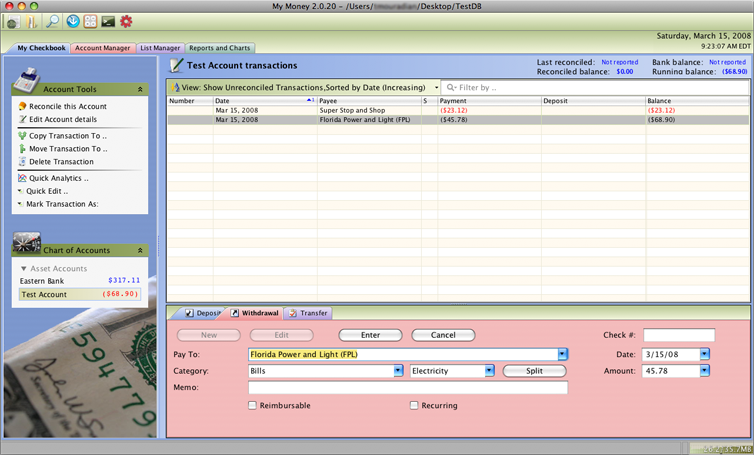

Wider access to finance enables both producers and consumers to make timely transactions and raise their welfare status (Naveen K Shetty & Veerashekharappa, Citation2009). It reduces the poor household’s vulnerability to adverse income shocks. It helps to access to bank deposits enabling the individuals to save and invest in a safer environment. It helps in making more accurate and more faster transactions in bulk, that increases the economic growth (Sapovadia, Citation2017). Financial inclusion mobilizes a large chunk of savings and encourages the investors to take risk and invest more and thus contribute to economic growth. Study recommends that financial literacy is pertinent to have equitable financial inclusion in the economy.įinancial inclusion refers to have an account in recognized financial organization which enables people to formally save, borrow cash, to have insurance and to use payment services (Allen et al., Citation2016). Other socio-demographic variables like gender, marital status, education, occupation, and income level are also found to have influential impact on the individuals’ account ownership behavior in Pakistan.

While individual’s financial self-efficacy level does not explain any positive significant impact on individual’s account ownership model. Estimated results show that individual’s financially literacy level is positively related with individual’s account ownership model among the selected group. The binary logistic regression model is utilized to estimate the probability of having financial accounts in relation to individual’s financial literacy and financial self-efficacy level. Study has used the questionnaire based survey and collected the data responses from 564 adults belonging to Sahiwal division. Study examines the role of financial literacy and financial self-efficacy of individuals in explaining their behavior to have financial accounts.


 0 kommentar(er)
0 kommentar(er)
